After a fulfilling summer break (which included learning and networking opportunities through our Summer Program and Domestic Volunteer Program), students are now back in class for this Fall semester!
Welcoming 75 new students (full-time and from partner schools) from 38 countries into our Global BBA program, our diversity is constantly being strengthened over the semesters with more and more people from all corners of the world. This provides students a great opportunity to exchange about various cultures and to acquire insights about business practices and situations in other countries, elevating the experience of our Participant-Centered Learning.
In light of the current situation, for our Global BBA program, we have started the Term 3 of our Fall semester in a hybrid format with both live virtual courses and on campus ones (click here to read about our current course delivery format), and you can read on about some of the courses currently taking place.
This methodology course is a prerequisite for all our full-time students enrolling into the Global BBA program, taught by Prof. Dan Qin, Associate Professor of NUCB Business School.
Aiming at providing an essential toolkit for other courses and with an emphasized intuition and applications in business and economics, the course will cover essential mathematical tools (calculus, probability, and basic statistics) and the flow of case studies, discussion, and interactive activities.
Prof. Dongyu Guo, Assistant Professor of NUCB Business School, teaches this course to help students develop a comprehensive understanding of Mergers and Acquisitions (M&A) from the perspective of both firms and antitrust authorities.
M&A is a general term used to describe the consolidation of companies or assets through various types of financial transactions, including mergers, acquisitions, consolidations, tender offers, purchase of assets and management acquisitions. This course primarily examines the merger cases from the economics point of view. As the cases cover different industries with different merger decisions, students have the opportunity to identify the principles underlying competition. Furthermore, students have the opportunity to compare merger policies across different countries/regions.

 Download
Download
 Infosession
Infosession
 Application
Application
 Open Campus
Open Campus
















